At the B2 level of Italian, learners achieve an upper-intermediate proficiency, allowing them to engage in more complex interactions and express themselves with greater fluency and precision. This level focuses on developing independent language use, preparing learners to navigate professional, academic, and social settings comfortably. The main areas covered include:
Listening Skills
- Understanding the main ideas of extended speech, lectures, or presentations, even when the subject matter is abstract or technical, provided the content is familiar.
- Following discussions, debates, or interviews on television or radio, recognizing nuances of tone and intent.
- Grasping the gist and specific details of longer conversations or interactions between native speakers.
Speaking Skills
- Engaging in detailed conversations on a variety of topics, including personal, professional, and societal issues.
- Expressing and justifying opinions, arguments, and ideas clearly, using appropriate language for debates and discussions.
- Narrating detailed stories, describing events, and hypothesizing about future scenarios.
- Managing complex interactions in professional or academic contexts, such as giving instructions or negotiating agreements.
Reading Skills
- Reading and comprehending longer, more complex texts, including opinion pieces, reports, and literary excerpts.
- Analyzing and interpreting detailed information from newspapers, magazines, or academic articles.
- Identifying implicit meanings, cultural references, and stylistic nuances in written texts.
Writing Skills
- Writing clear, well-structured essays, reports, or formal letters on a variety of topics.
- Summarizing and synthesizing information from multiple sources into cohesive texts.
- Expressing detailed arguments, opinions, and reflections in writing, with appropriate use of linking words and cohesive devices.
Grammar
- Verb Tenses:
- Mastery of the indicative mood, including all past tenses (passato prossimo, imperfetto, trapassato prossimo, passato remoto).
- Advanced use of the future tense (futuro semplice and futuro anteriore).
- Introduction to and application of all subjunctive (congiuntivo) tenses, especially in complex subordinate clauses (e.g., Credo che tu abbia ragione).
- Conditional tenses (condizionale presente and condizionale passato) for hypothetical and polite expressions (e.g., Mi piacerebbe andare in Italia).
- Pronouns: Advanced use of combined pronouns (e.g., glielo, me ne, ce la).
- Relative Clauses: Proper use of che, cui, il quale to create complex sentences.
- Passive Voice: Using the passive with auxiliary verbs (essere, venire) in various tenses.
- Indirect Speech: Mastery of transforming direct speech into indirect speech (e.g., Ha detto che sarebbe venuto).
- Linking Devices: Use of connectors like infatti, comunque, inoltre, tuttavia, invece to create cohesive arguments.
Vocabulary
- Broadening vocabulary related to professional and academic fields, as well as abstract concepts (e.g., politics, culture, environment, technology).
- Idiomatic expressions and collocations for natural-sounding speech and writing.
- Specialized vocabulary for discussing abstract ideas, hypotheses, and arguments.
Cultural Awareness
- Understanding deeper cultural nuances in language use, such as humor, irony, and formality.
- Learning about Italian societal issues, historical events, and contemporary debates.
- Appreciation of Italian literature, cinema, and art through exposure to authentic materials.
At the B2 level, learners are independent users of Italian. They can communicate effectively in most scenarios, understand complex language structures, and produce well-constructed arguments or narratives. This level prepares learners for professional and academic challenges, as well as active participation in Italian-speaking environments.
In addition to the structures provided in the previous levels, students are required have the knowledge and know the use of the following elements and forms of the Italian language:
- Definite and indefinite articles
- Position of the qualifying adjective
- Qualifying adjectives: comparative and superlative degree
- Personal pronouns: tonic forms and atonic forms, reflexive pronouns
- Relative pronouns
- Possessive, demonstrative and interrogative adjectives and pronouns
- Indefinite adjectives and pronouns
- Articulated prepositions
- Conjugation of the active and reflexive form of regular verbs, of modal verbs in the following modes and times:
– Subjunctive
– Conditional past
– Simple future and future perfect




